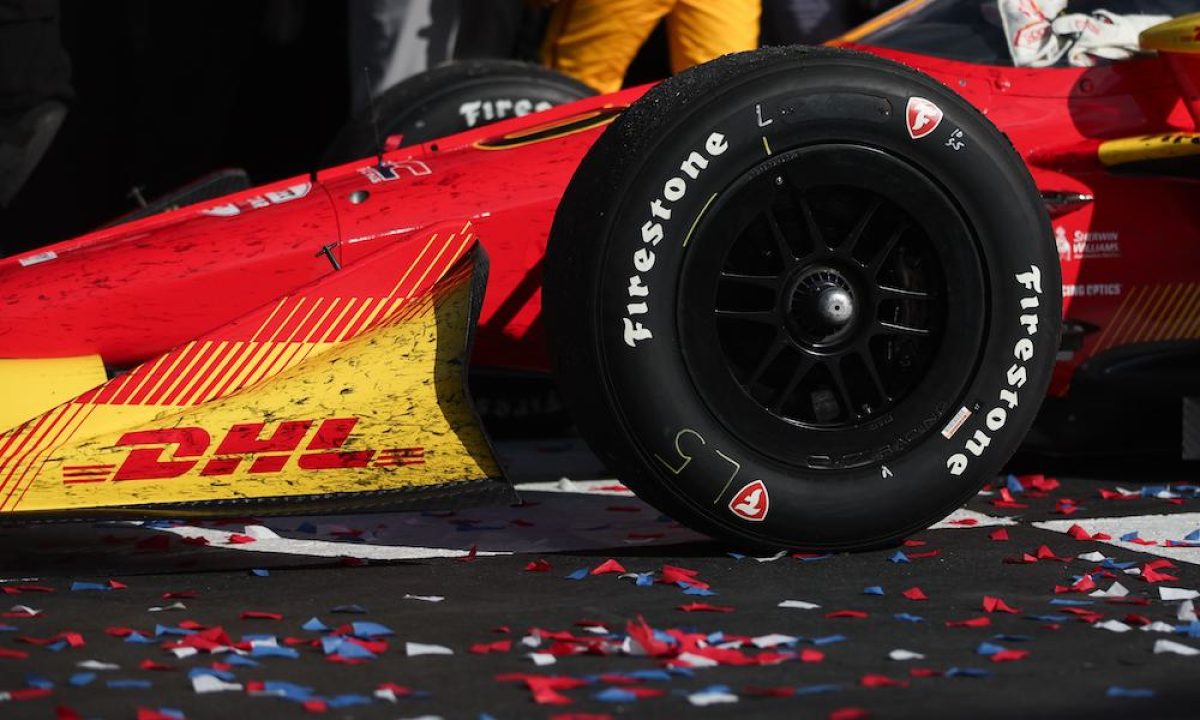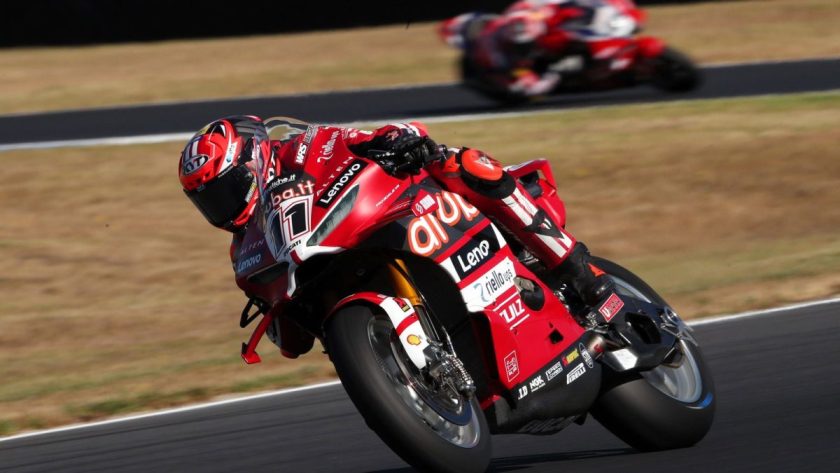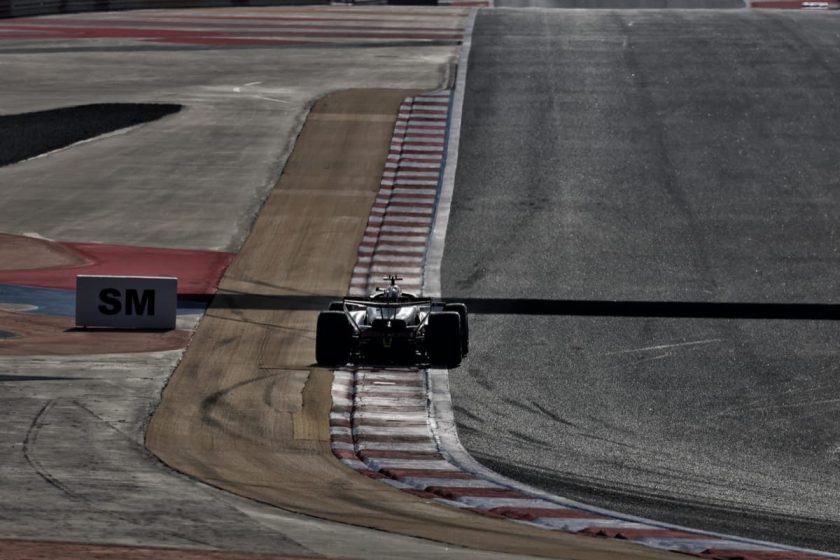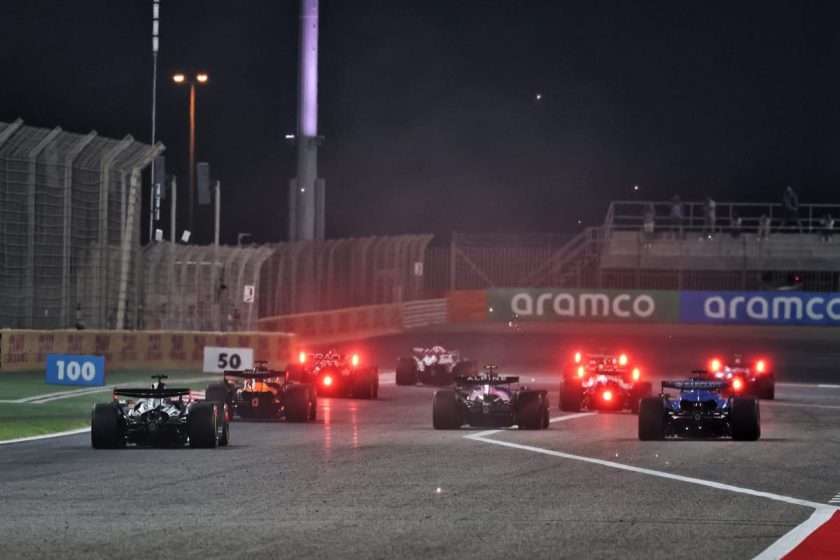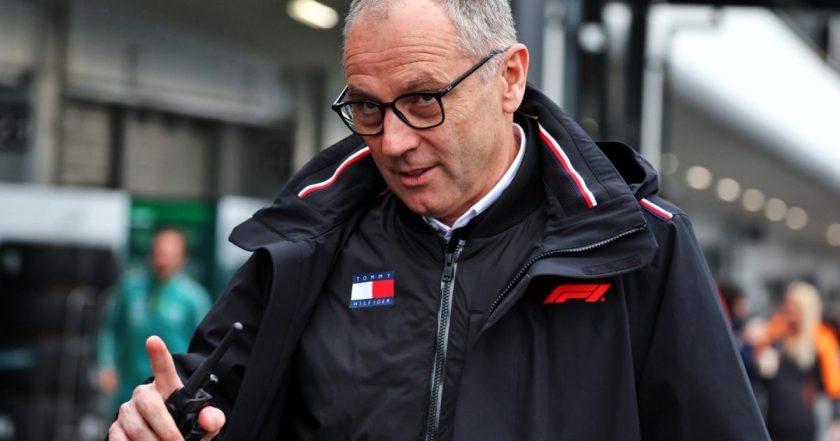P1racenews AI automatic summary:
The longstanding use of magnesium wheels could change in 2026 or 2027. The metal, which has been a common choice for decades in IndyCar due to its lightweight property, is becoming increasingly har…
The longstanding use of magnesium wheels in IndyCar may change in 2026 or 2027 due to difficulties in acquiring the metal from vendors capable of creating the specialized racing wheels. As a response to the scarcity, discussions are ongoing within the NTT IndyCar Series to transition to aluminum wheels after the upcoming season, as aluminum is a more common material that is easier to produce in large quantities. Unique to IndyCar, teams have significant stockpiles of magnesium ‘aero’ wheels with large lips on the front wheels that aid in airflow. O.Z. Racing, a major vendor for magnesium IndyCar aero wheels, is reportedly considering producing aluminum wheels in the same size and specifications as the magnesium units. While final specs for the aluminum wheels are still pending, maintaining a similar weight to the magnesium wheels is a primary concern, with potential cost reductions due to the less exotic nature of aluminum. Currently, new magnesium wheels cost $1650 each or $6600 for a complete set, but a move to aluminum could result in savings of around $750 or more per set. Teams typically begin each season with 10-12 sets of wheels per car, ensuring they have enough to cover incidents and crashes throughout the year.
